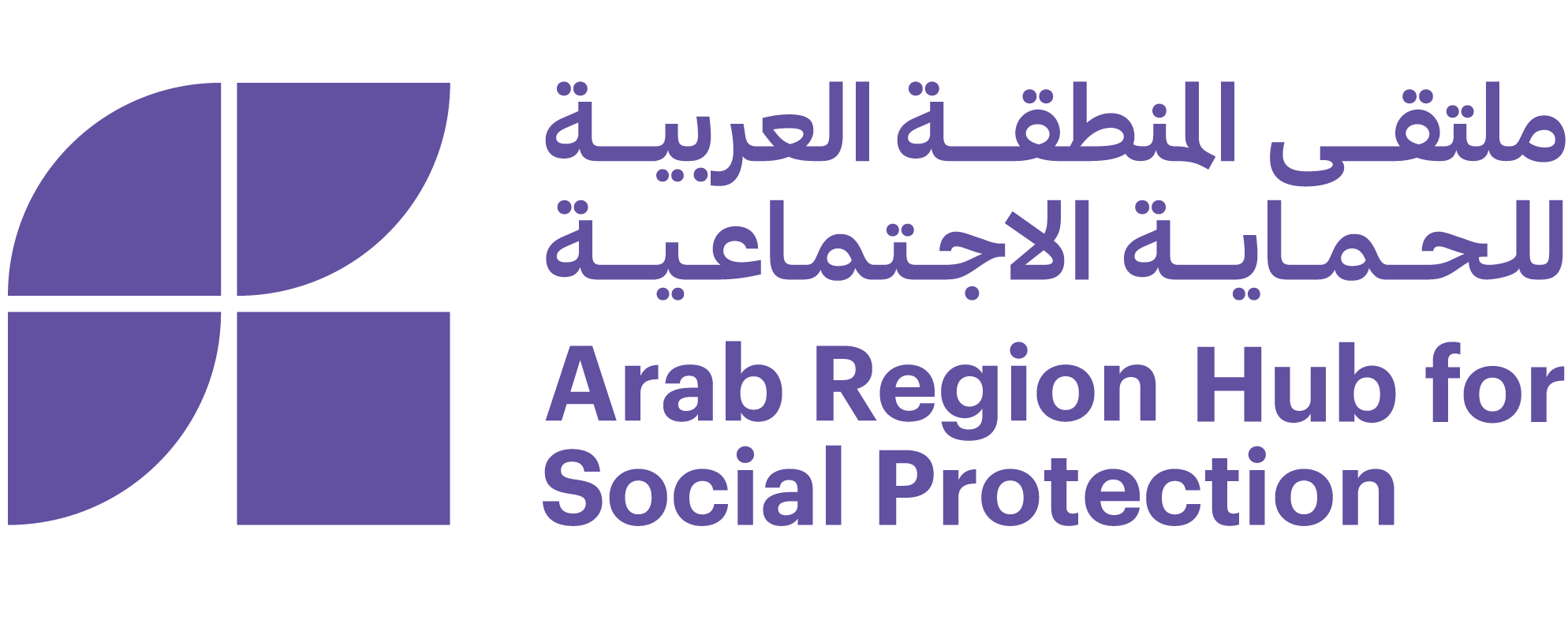
In the midst of a health crisis due to Covid-19, the Tunisian socio-economic atmosphere experienced a sharp decline where the sense of stability and security declined. The Tunisian state was not equipped on the governance and institutional levels to deal with the pandemic’s effects on the Tunisian people. During the first wave, and upon the institution of a total lockdown, many lost their sources of income, vulnerable communities were left out of all sanitary measures, and no clear roadmap was presented as to dealing with COVID-19. This situation continued until the second wave when the number of COVID-19 cases spiked even higher, reaching an alltime high of 7900 cases in July of 2021. Public medical facilities lacked the human resources, funding, and equipment to deal with such a crisis, testimonies of infected people being rejected from hospitals circulated, and many found themselves seeking refuge in private healthcare facilities. This situation alienated those who could not afford private healthcare and further reinforced the gap between the economically privileged and underprivileged. During this time, the government instated an economic pension of 200dt (67.85$) for those in need, an amount that couldn’t in any way, cover the needs of those who found themselves jobless during this crisis. The pandemic accompanied by the political crisis that kept on worsening resulted in what Tunisian civil society perceives as two of the most challenging years in the democratic transition journey Tunisia has been through.
To read the report: click here

Comments are closed, but trackbacks and pingbacks are open.